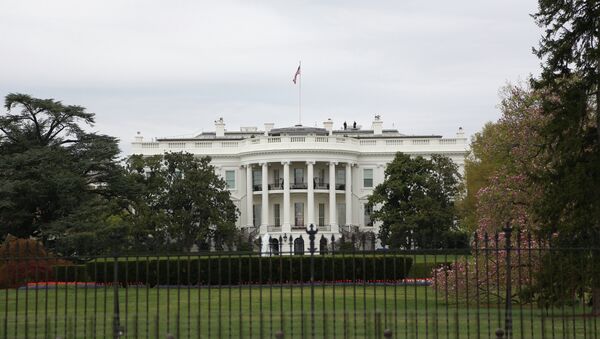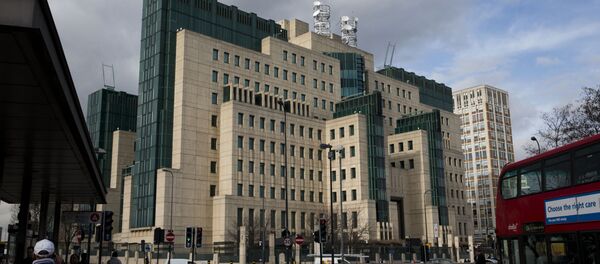"The administration announced Russia has not complied with requirements of the Chemical and Biological Weapons and Warfare Elimination Act of 1991," said the statement issued by Royce's office.
By law, the State Department had until November 6 to either certify to Congress that Moscow met the conditions or start consultations with lawmakers on new sanctions.
"The Trump administration needs to act quickly to uphold its own determination. Hesitation only encourages more Russian aggression," Royce said.
US State Department Deputy Spokesperson Robert Palladino said in a press briefing last week that "The Chemical Biological Weapons Act mandates that the State Department certify to the Congress whether Russia has met conditions required by the law three months after the initial determination of the Skripal case. That initial determination was made August 6, and that takes us to November 6."
READ MORE: Skripal Refused to Move to US Under New Identity, New Book Claims
The conditions imposed by Washington on Moscow include Russia ceasing its alleged chemical weapons and assuring it will not use them, as well as allowing international inspectors to verify those assurances, according to the State Department.
The United States has accused Russia of involvement in the March 4 nerve agent attack on Skripal and his daughter Yulia in the English town of Salisbury, a claim repeatedly denied by Moscow.
On August 24, the United States announced that it was imposing sanctions on Russia under the Chemical and Biological Weapons Control and Warfare Elimination Act of 1991. The law allows for the termination of foreign assistance and arms sales, denial of US government credit or other financial assistance, prohibitions on exports and a suspension of diplomatic relations, among other possible measures.
READ MORE: Sergei Skripal Worked for Four Different NATO Intel Agencies – Reports




